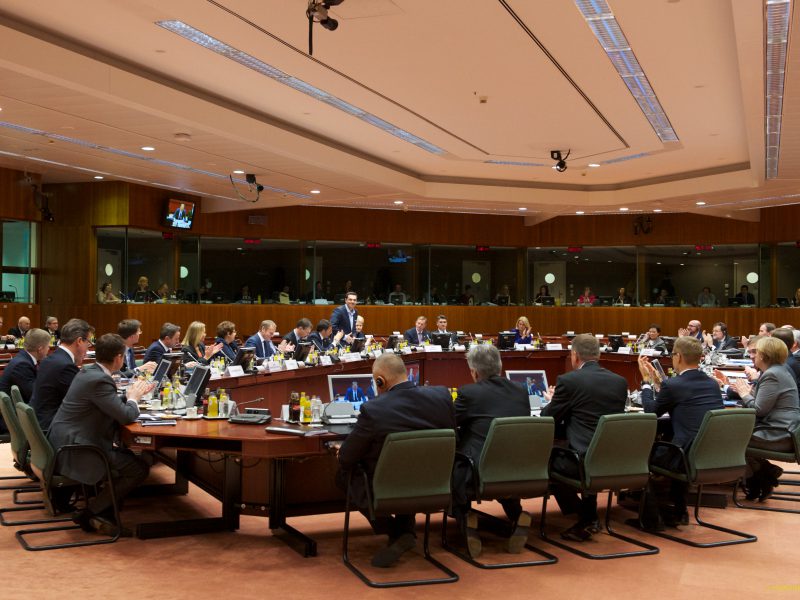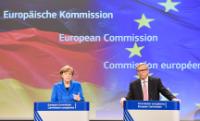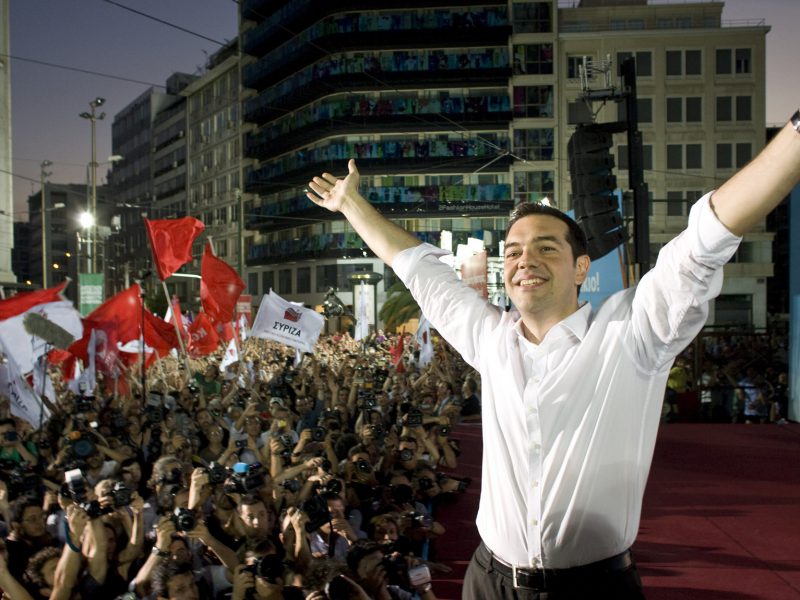European demos in the making, through laughter and screams
Starting from the recent Tsipras – Rajoy war of words, on who sabotages whom at the Eurogroup and in electoral politics, I attempt to put together evidence that shows a major shift in European politics. Building also on an increasing number of satirical videos about European politics, and from my personal experience, I reach an anecdotal, not so scientific but most probably correct conclusion: We are getting a European demos, in which we all feel comfortable enough and are knowledgeable enough about each other to be able to make jokes, break the ice, get on each other’s nerves occasionally, but basically express what we increasingly realize that we are: a diverse, noisy, funny, stubborn, intrusive and generous section of humanity that one could call “the Europeans”.






